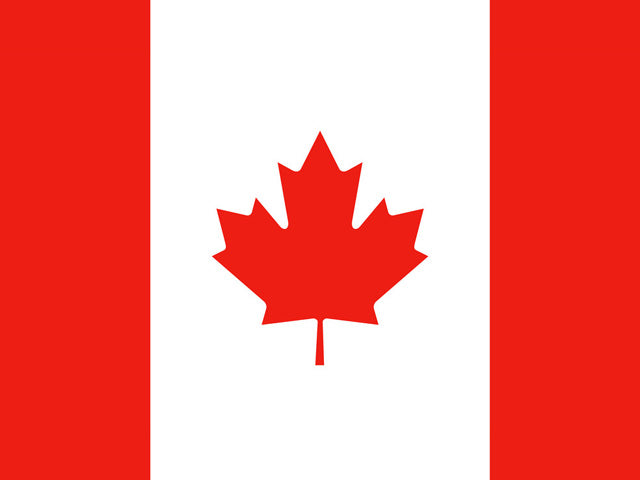Guide to Heart Health
What is Blood Pressure?
Blood pressure is the force of blood being pushed against the walls of blood vessels in the circulatory system. High blood pressure means that there is too much pressure in these vessels.
Over time, high blood pressure (referred to as Hypertension) can damage blood vessel walls and promote the buildup of fatty plaque. This buildup can narrow and eventually block arteries, straining and weakening your heart. About 25% of Canadians have high blood pressure.
What Does this mean ?
As we age our blood vessels narrow and harden. "Atherosclerosis" is a common condition in which plaque, made up of cholesterol, fatty substances, calcium, fibrim- a muscle clotting protein, and cellular waste builds up on the inner walls of the arteries. This build up can narrow and eventually block arteries, straining and weakening your heart.
What causes Hypertension?
In addition to genetics, Hypertension can be caused by many controllable factors including obesity lack of physical activity, salt intake, alcohol intake, and stress. As we age we become increasingly vulnerable to high blood pressure. High blood pressure can lead to heart disease, stroke, dementia, and kidney disease.
| Category | Systolic BP (mmHg) | Diastolic BP (mmHg) |
| Optimal | <120 | <80 |
| Normal | 120-129 | 80-84 |
| High normal | 130-139 | 85-89 |
| Hypertension | 140> | 90> |
Can it be prevented or controlled?
By closely monitoring your blood pressure and making a few lifestyle changes your high blood pressure can be controlled
Cardiovascular exercise like walking like walking, running, and cycling can help lower your blood pressure. Sports are a great way to reduce stress and get cardiovascular exercise. Start with 20 minutes a day and work yourself up. Make sure to check with your doctor before beginning any exercise program.
Diet is a key component in maintaining healthy blood pressure. Avoiding processed foods is a good first step to reduce your sodium and saturated fat intake. Try incorporating some heart healthy foods into your diet including dark berries, dark leafy greens, and beans.
Home monitoring is a crucial step on your path to healthy blood pressure levels. Experts have found that frequent measurements at home provide a more accurate understanding of a person’s average blood pressure than measurements taken at the doctor’s office. Tracking and reviewing home readings with your doctor is a great way to monitor your progress.
 FR
FR

